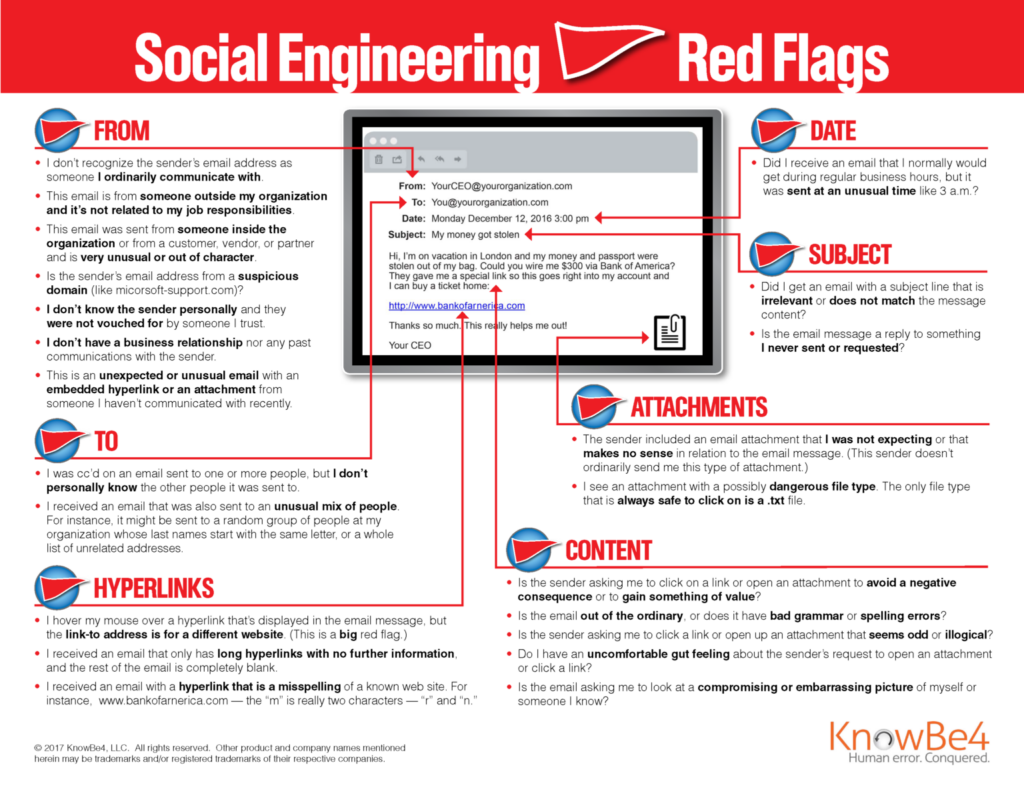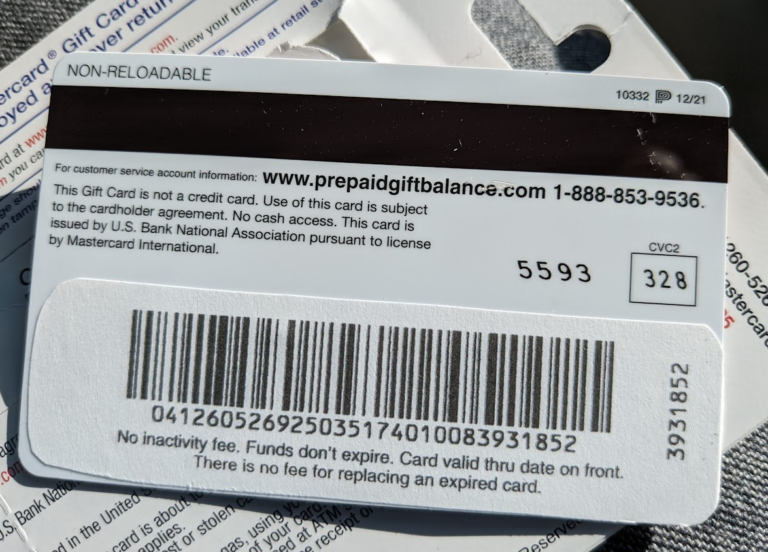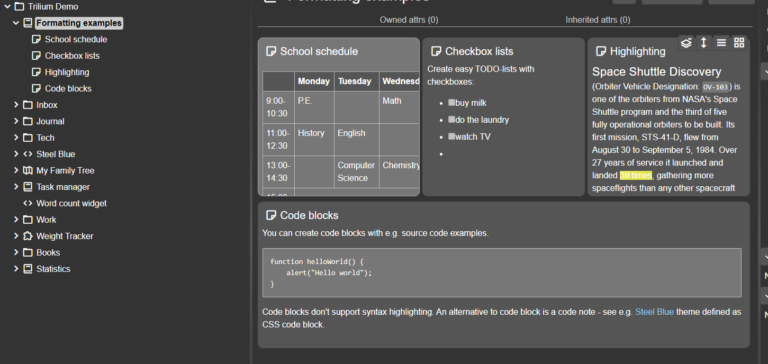The recent introduction of .zip top-level domains (TLDs) has sparked a heated debate in the cybersecurity community. While some view it as an innovative addition to the digital landscape, others fear it might serve as a gateway to increased cybercrime. Given the potential for misuse, it’s important to understand how to protect yourself when navigating the online world of .zip domains.
Recognize The Difference Between a Web Address and a File Extension
One of the main risks associated with .zip domains is that they blur the lines between website URLs and file extensions. Traditionally, ‘.zip’ is recognized as a file format for compressed or archived files. But now, it can also denote a website address.
Understanding this difference is key. When you’re intending to download a .zip file, ensure that it is indeed a file and not a website. Look closely at the context in which the .zip term is used and remember, file downloads typically occur after you’ve already accessed a webpage, not immediately upon clicking a link.
Stay Alert to Phishing Attempts
Phishing attempts often rely on tricking users into believing they’re accessing a safe, often familiar, website. The .zip TLD might give malicious actors another tool to make their deceptive sites appear legitimate. Stay vigilant about which sites you’re visiting and double-check URLs before entering any personal information.
Update Your Security Software
Ensuring your security software is up-to-date is more important than ever with the introduction of .zip domains. Antivirus and anti-malware programs frequently update their threat databases to keep up with new potential risks, including deceptive new TLDs. Regular updates will equip your software with the necessary tools to recognize and block threats associated with .zip websites.
Be Wary of Email Links
Cybercriminals might use the new .zip TLD to trick email filters and send phishing emails. Be cautious when clicking on links sent via email, especially if they seem to lead to a .zip file. When in doubt, navigate to the webpage directly rather than clicking on the link, and never download a file from an untrusted or unknown email.

Educate Yourself
Stay informed about developments in the digital world, including changes in TLDs and potential scams. Knowledge is power when it comes to cybersecurity. Websites like BleepingComputer and platforms like Reddit often provide up-to-date information about such topics.
Conclusion
The .zip domain controversy highlights the ongoing struggle between innovation and security in the digital world. As the internet continues to evolve, users must take proactive steps to safeguard themselves. Recognizing the risks associated with .zip domains and taking appropriate precautions can go a long way in maintaining a safe online presence.




Leave a Comment